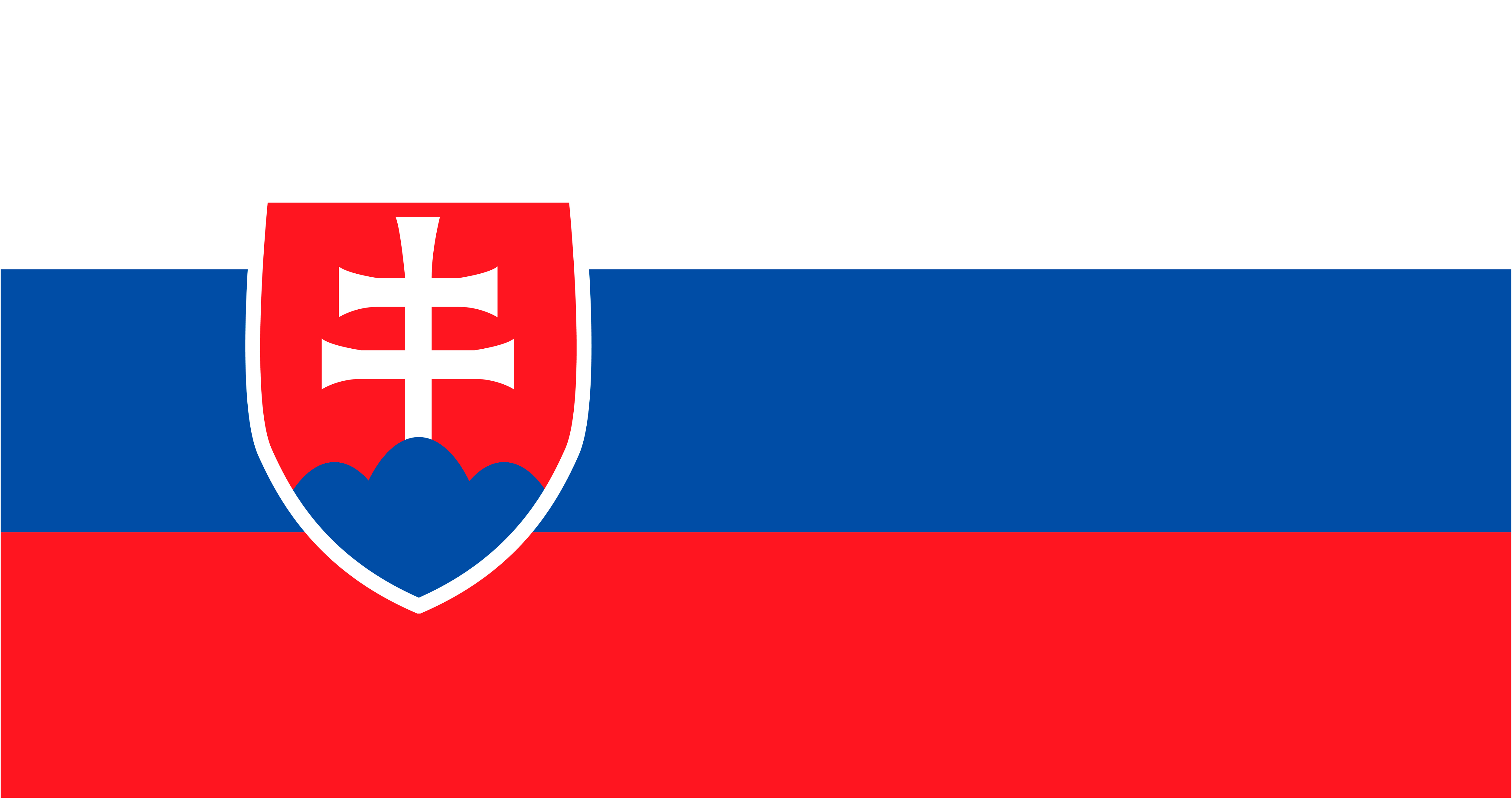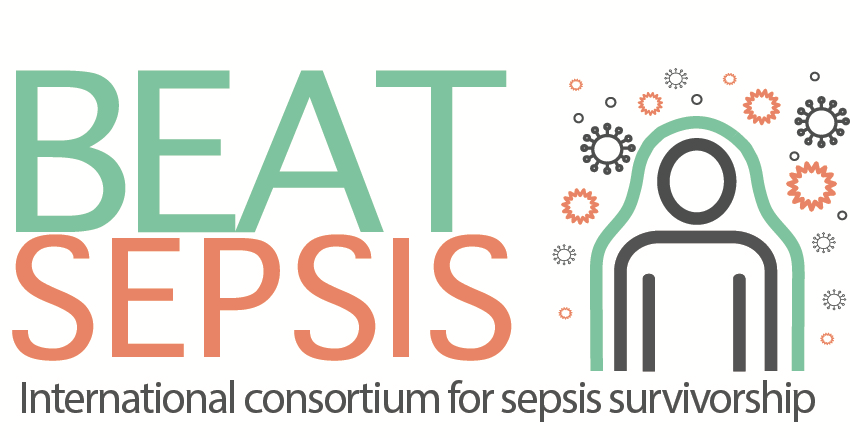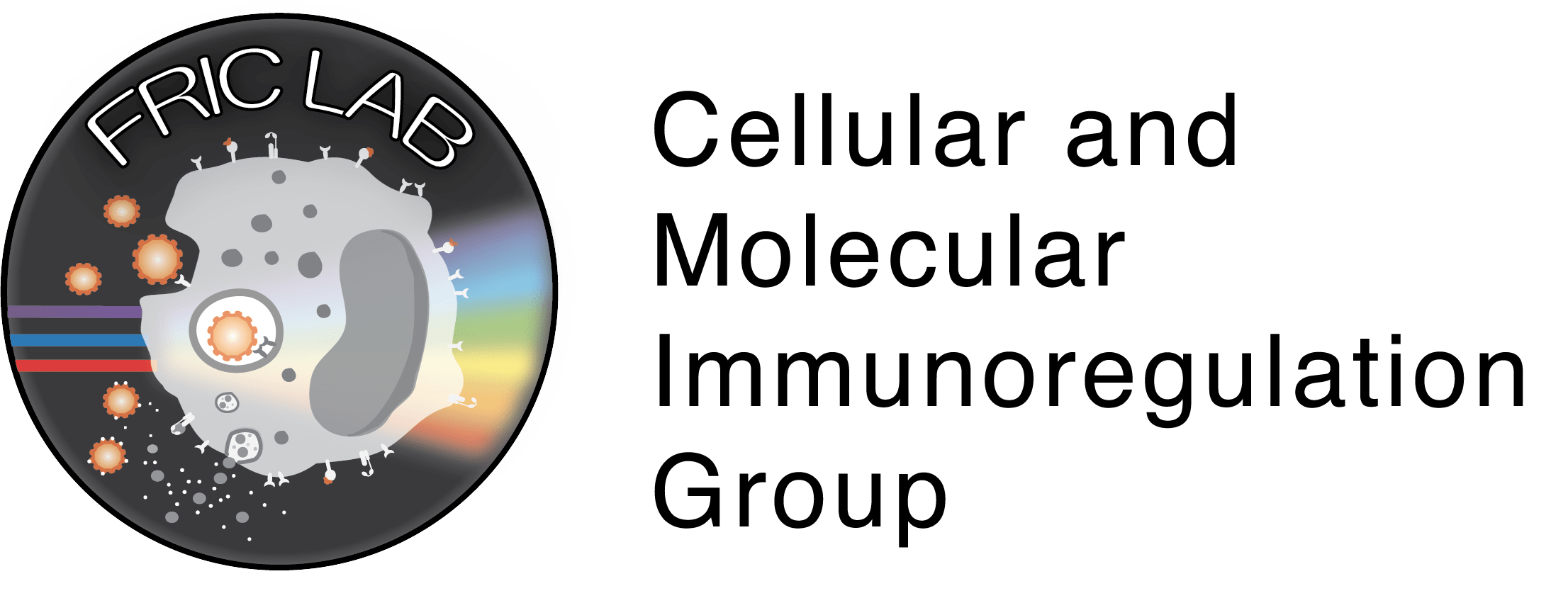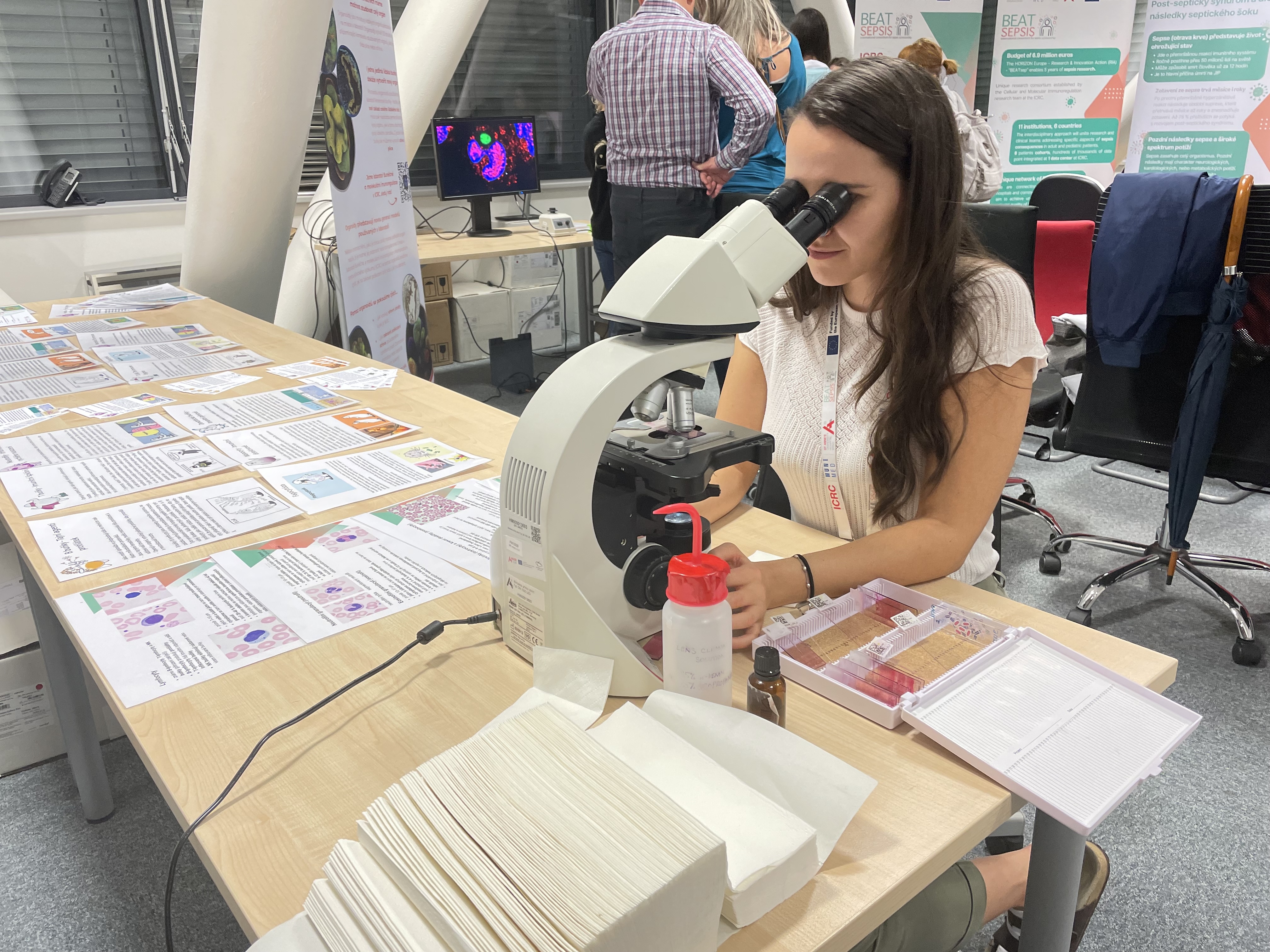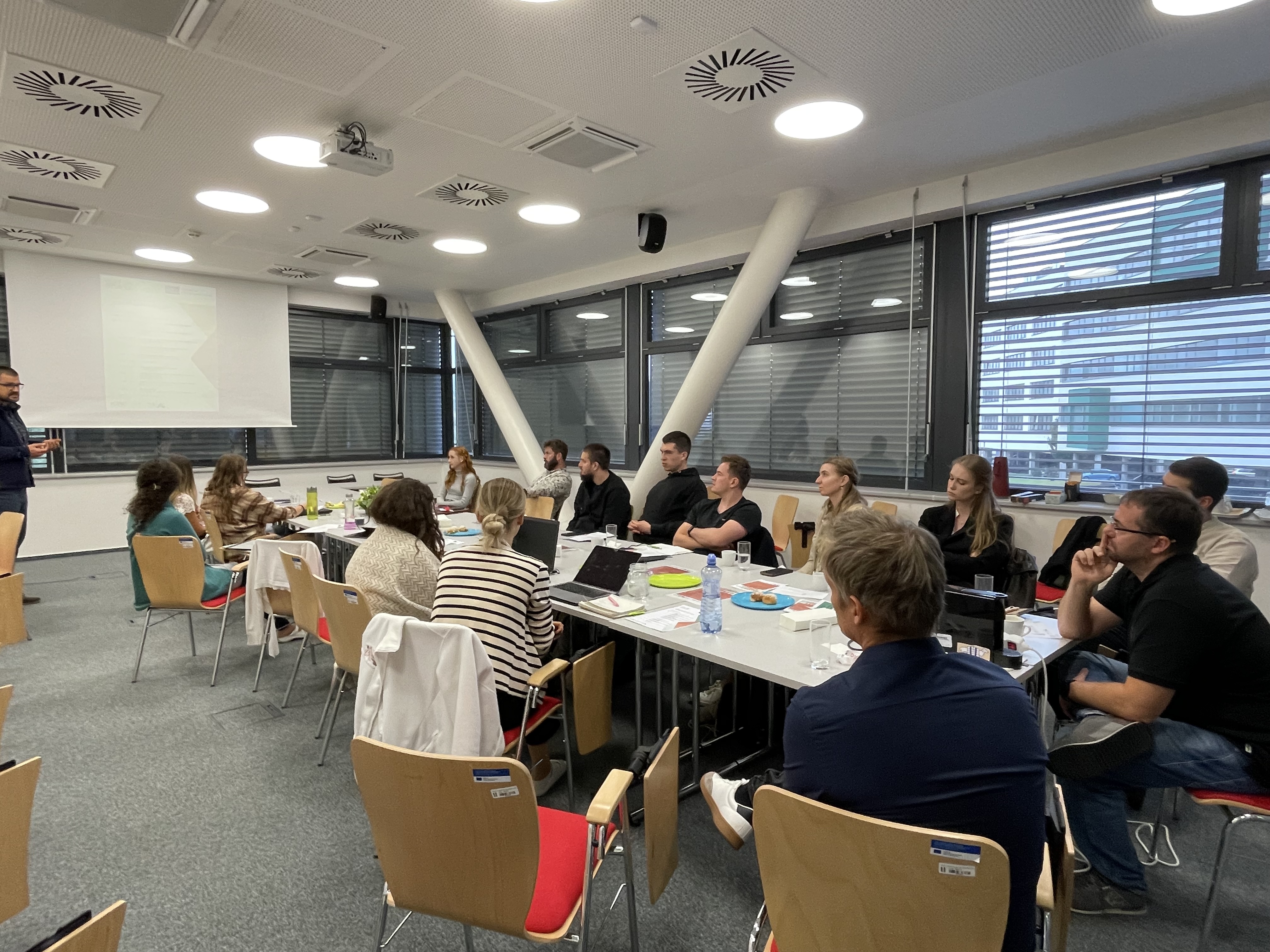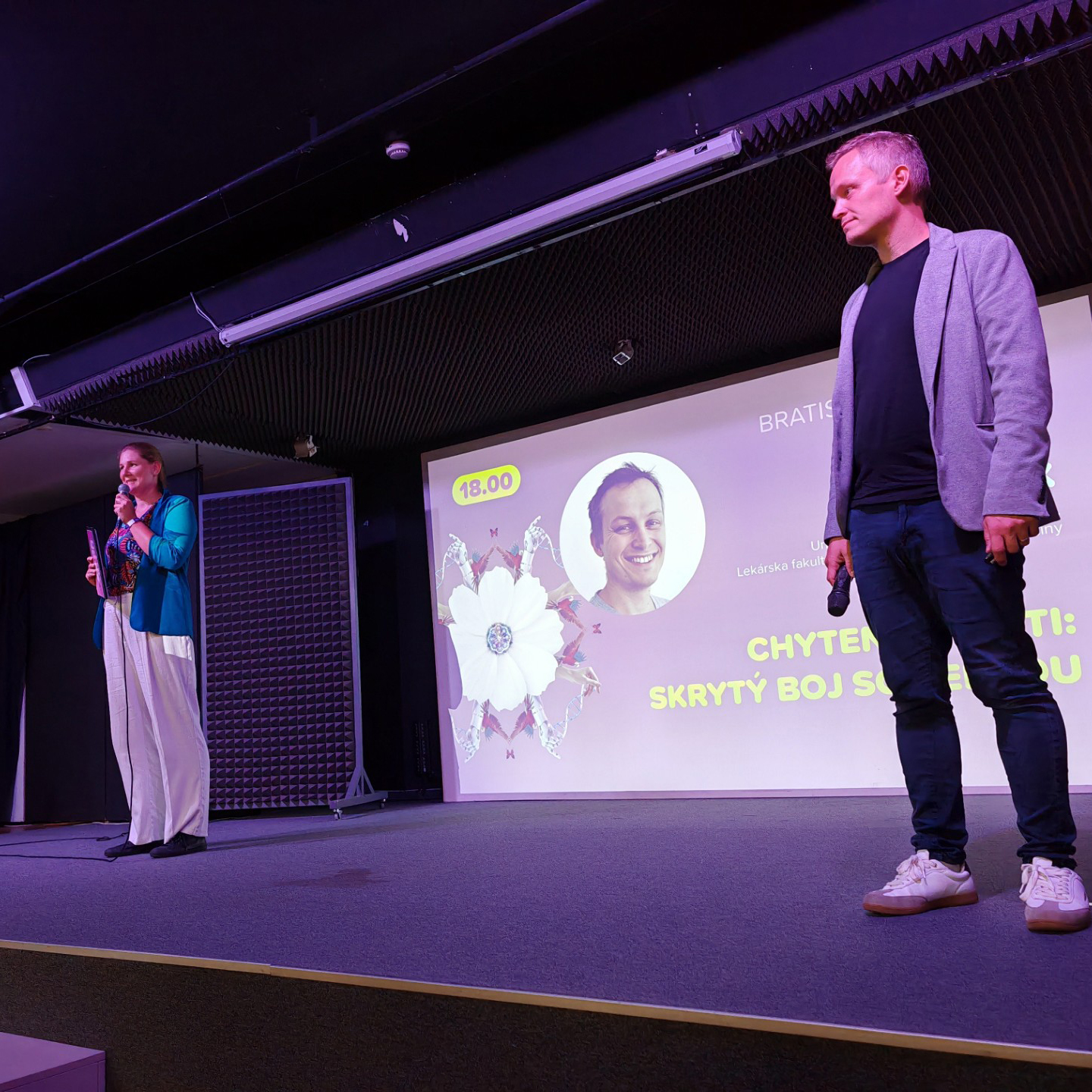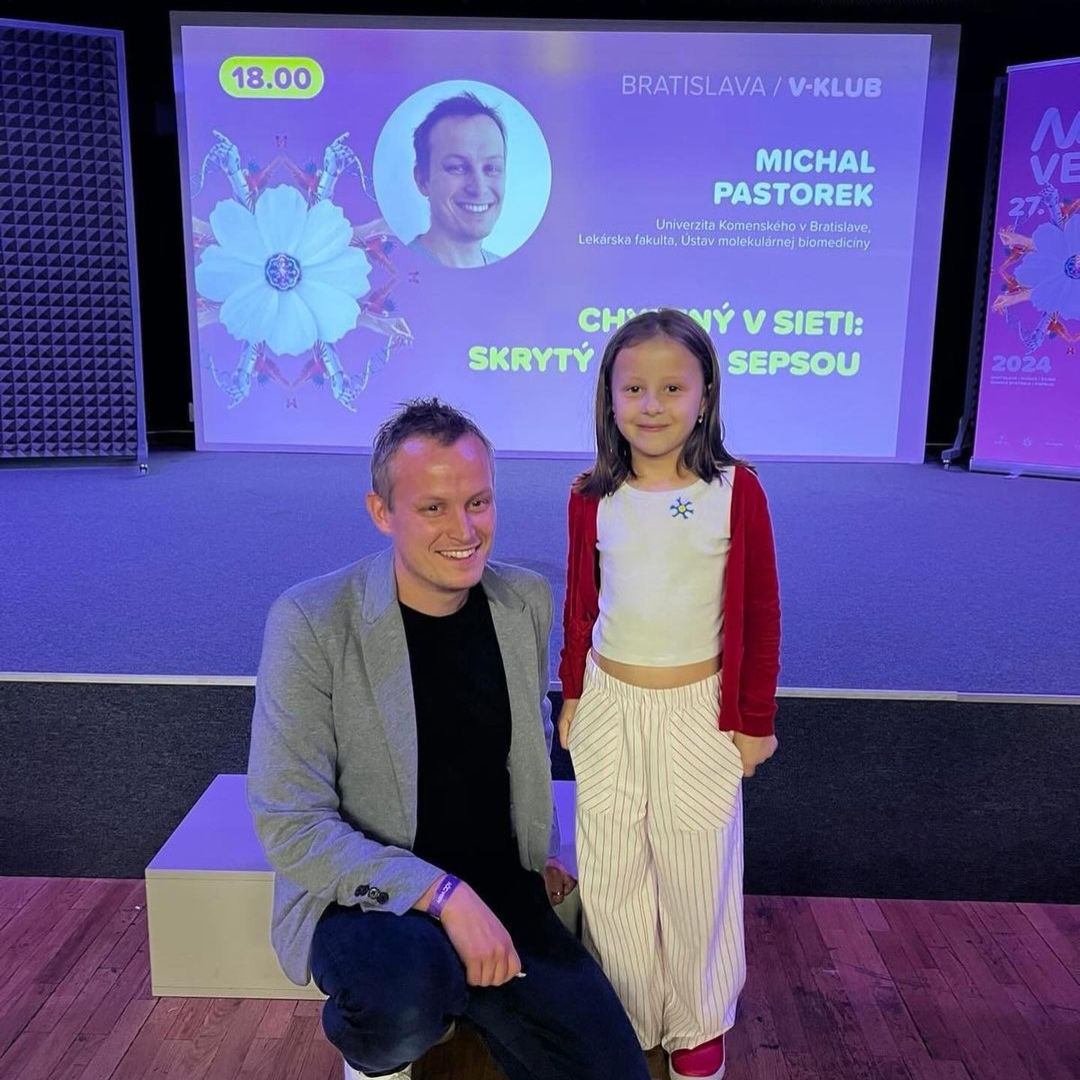NEWS
Outstanding BEATsepsis kickoff meeting in Brno celebrates the start of the project.
26.-28.03.2024
The BEATsep consortium unites eleven partners from six European countries. Top leaders of their field come together to bundle their efforts combating sepsis and its long-term consequences. The first kickoff was hosted by BEATsep coordinators from FNUSA, in Brno, Czechia. This was the first time all partners met together in person.
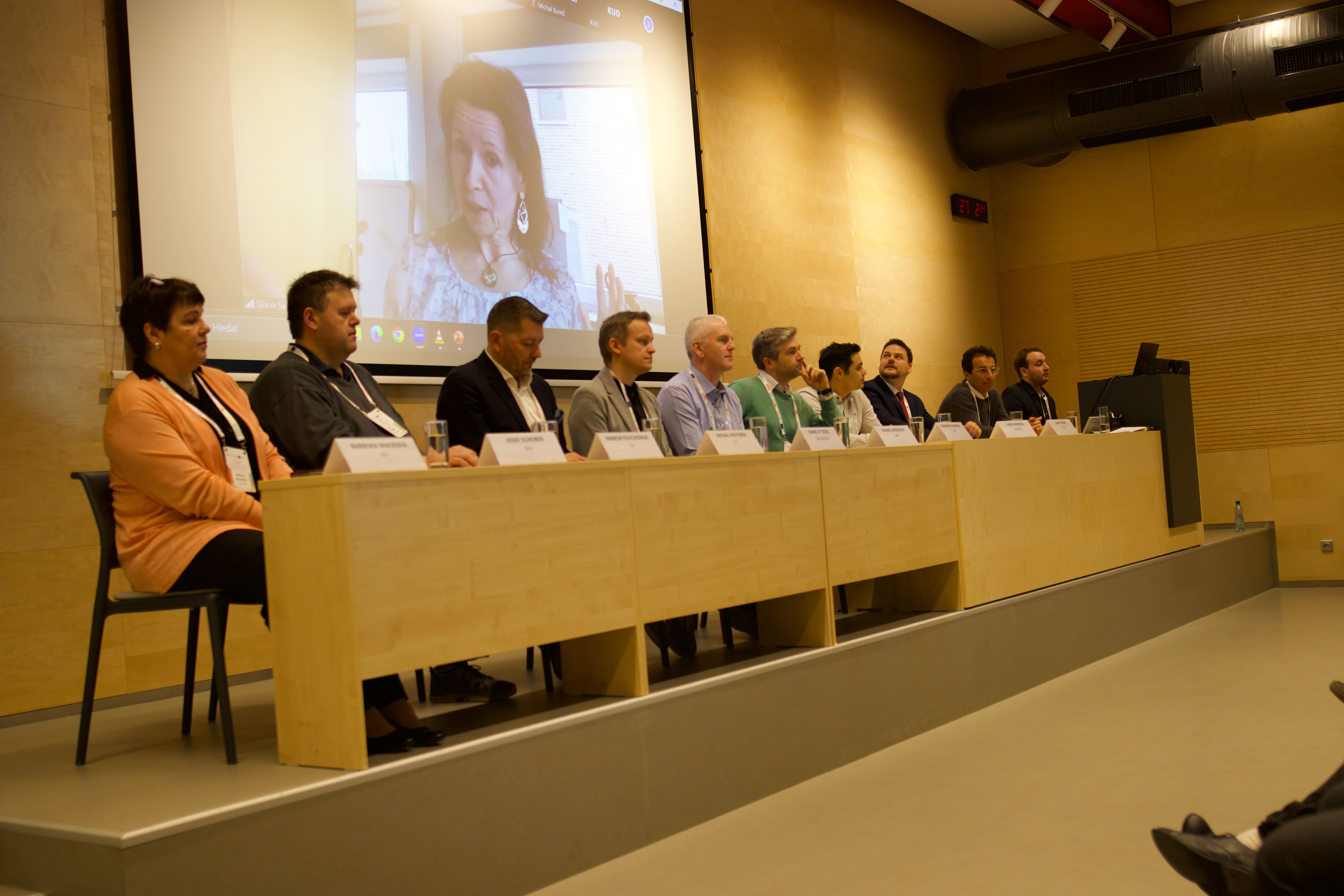
A warm Welcome in Brno
Brno did a formidable job as host. The hall in St Anne’s hospital was filled with researchers, both local and visiting, hospital staff, press, and the Who’s Who of Brno’s research landscape. The event started strong with welcome speeches by hosts Jan Frič and Marcela Hortová-Kohoutková, as well as Alessandra Martini, representing the Directorate General for Research & Innovation of the European Commission. An on-stage welcome panel demonstrated how big of a support BEATsepsis has in the Brno medical and research landscape. FNUSA Director Vlastimil Vajdák, Med MUNI Dean Martin Repko, ICRC Head of Clinic Irena Rektorová, FNUSA Deputy for Science and Research Vladimír Šrámek, and ICRC Director Michal Janota all dedicated time in their busy schedule to be present and make an active contribution to this great event.
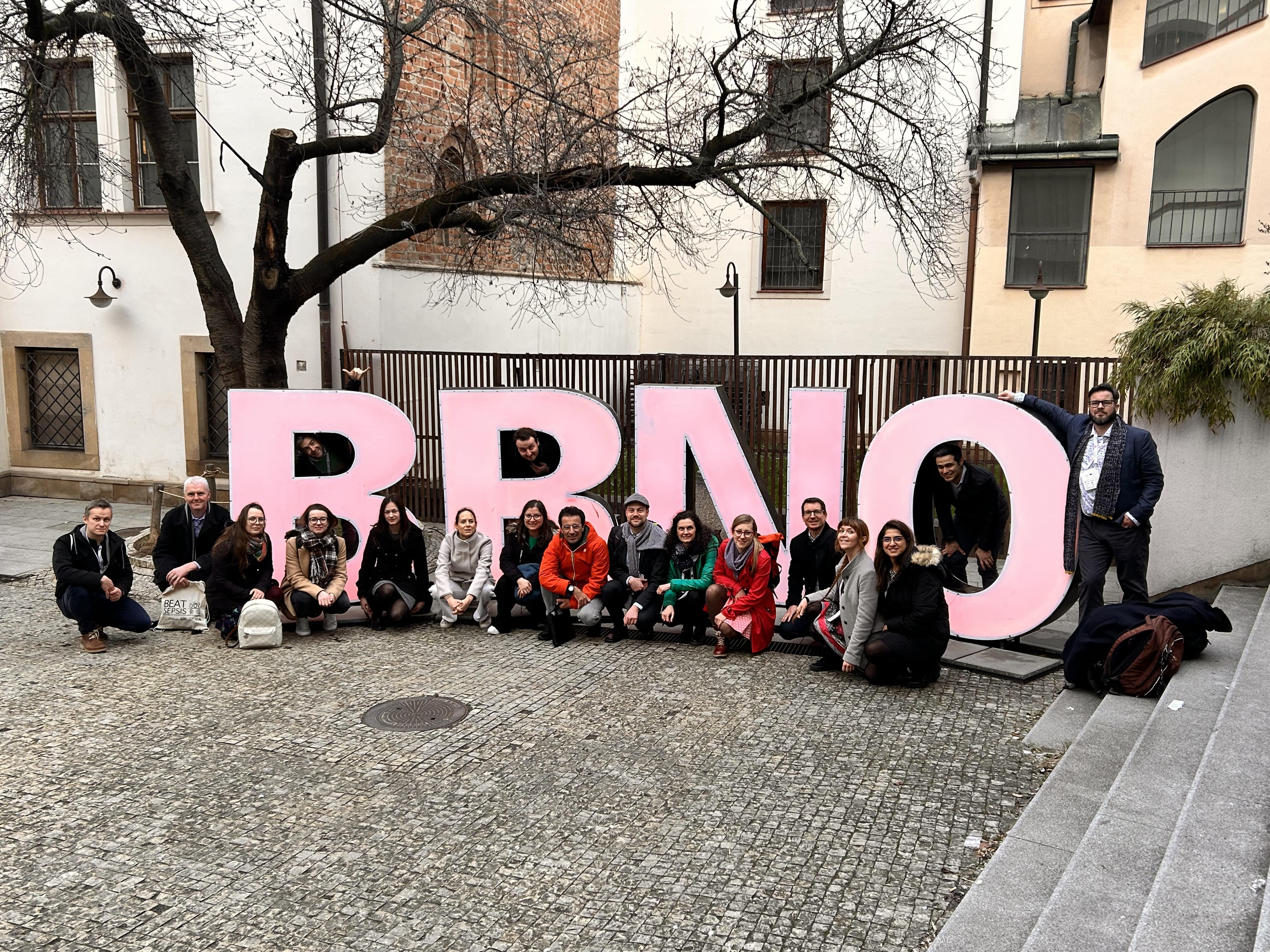
Diverse expertise driving the BEATsepsis mission
After the formal welcome, the event program dived right into the subject of introducing the project. The consortium members introduced themselves and their unique contributions. The palette is as colorful as the picture we would like to paint (as artfully, in fact, that one talk also featured a spontaneous rendition of William Shakespeare’s Henry V). While some partners take a close look into the biomolecular intricacies of the human immune system, others approach sepsis from a hands-on clinical perspective or bring in the public health perspective to ensure the project has a concrete and meaningful effect on people’s lives. We are especially proud of this great diversity of expertise among our partners.
CzechTV was on location during the kickoff, filming and doing interviews with the Frič lab. The resulting news clip was watched by 360,000 within the first days after airing alone.
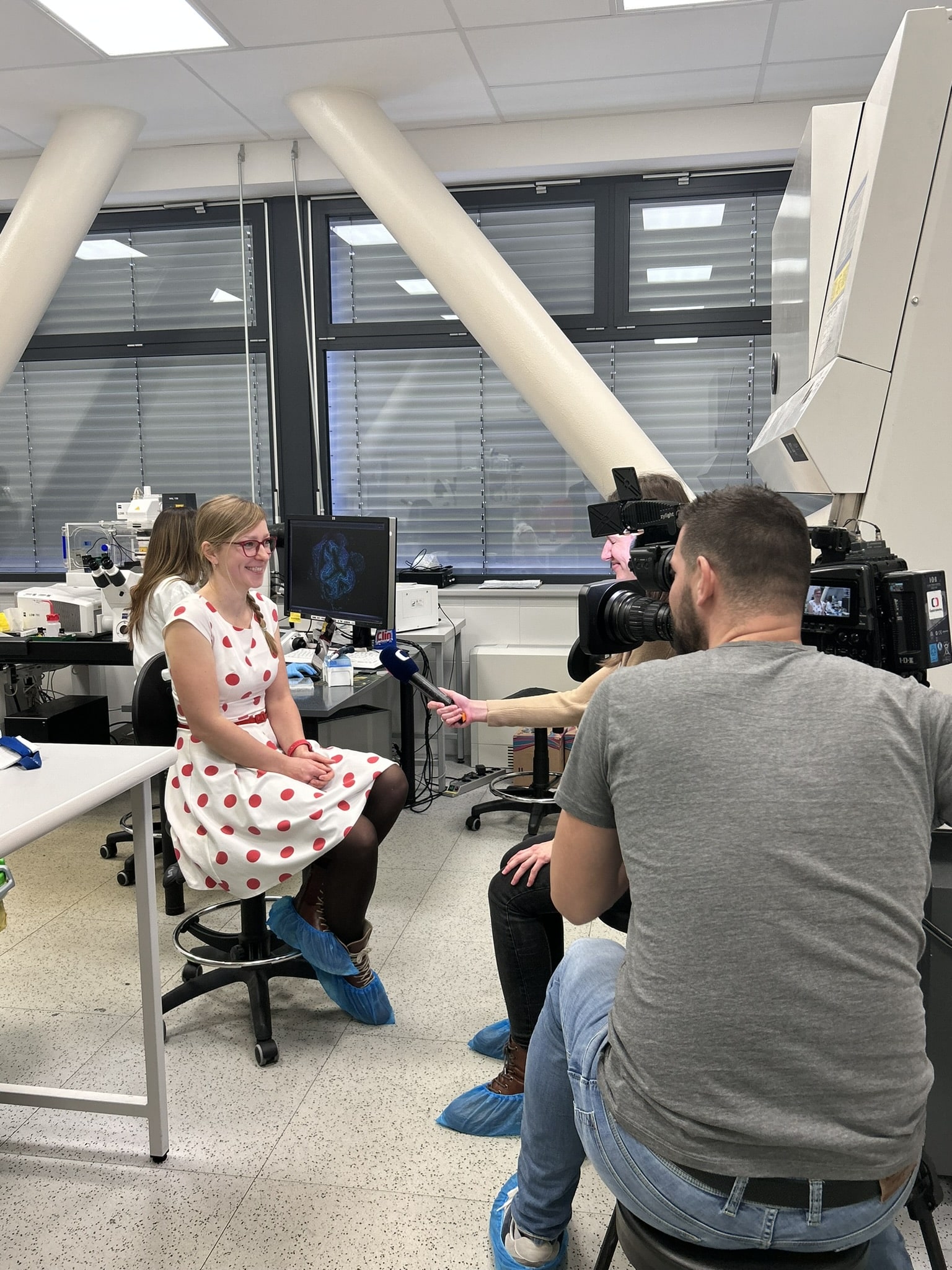
Heartfelt stories and community spirit
Dinner was preceded by short talks by clinicians, telling stories about the lives of patients surviving sepsis, reminding all of the participants of the cause they are working for together. Especially memorable was the story told by Lukáš Homola from the pediatric ICU at MedMUNI. Three girls, Christie, Maggie, and Natalie (names changed), were all treated for serious cases of sepsis. All three were cured and able to leave ICU. But while Christie and Natalie went on to live healthy lives, Maggie’s life was turned upside down by post-sepsis complications. Homola asks the question: How can we find Maggie? How can we predict post-sepsis complications? This is going to be a leading question of BEATsepsis: Who is Maggie? What makes her different?
What united the entire BEATsep kickoff meeting was a strong sense of community, united by the bond of a common cause. People just “clicked,” like puzzle pieces falling into place. Conny Schneider from LBI Trauma later recapped on Twitter: “The BEATsepsis kickoff was hands down the best scientific gathering I have been to and likely ever will.” In the name of the entire BEATsep consortium, we would like to highlight the people who made this possible: Jan Frič, Marcela Hortová-Kohoutková, Petra Kozlová. Thank you!
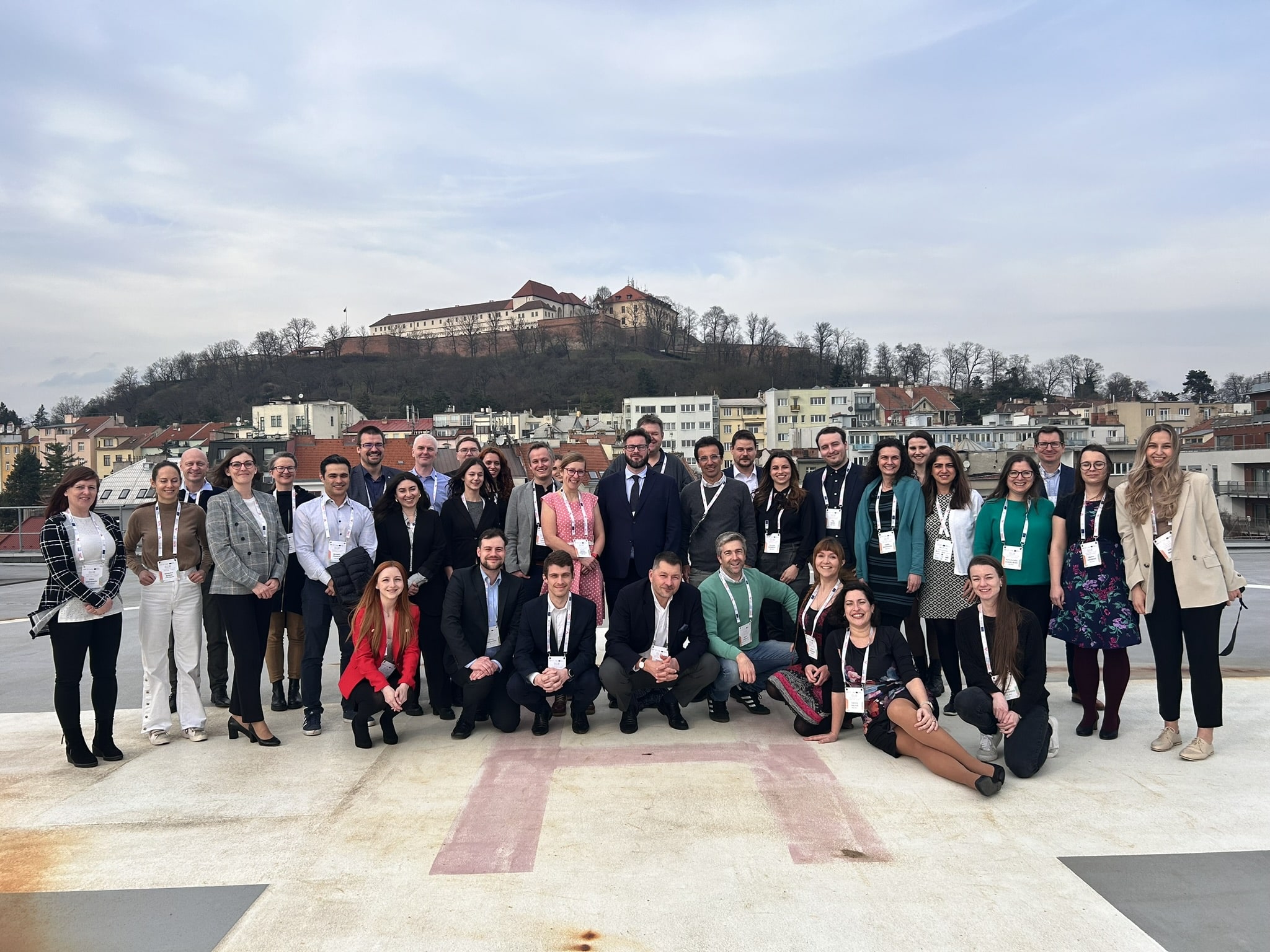
Prestigious grant HORIZON EUROPE - “BEATsep” will tackle long-term consequences of sepsis.
11.09.2023
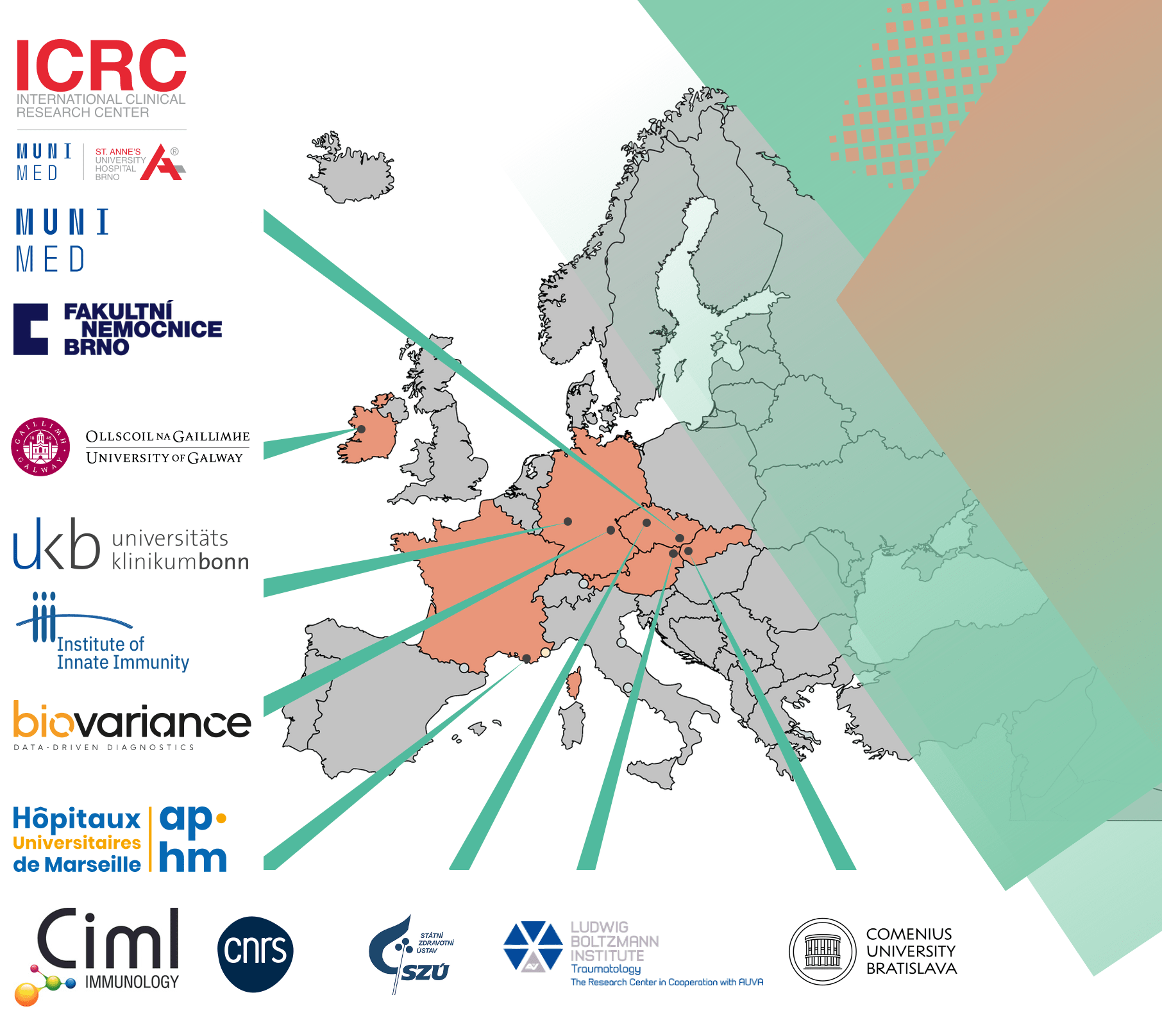
The research consortium BEATsep, established by the Cellular and Molecular Immunoregulation (CMI) research team at the International Clinical Research Centre (ICRC), has been awarded a 6.9 million euro HORIZON EUROPE grant. The project entitled “Biomarkers established to stratify sepsis long-term adverse effects to improve patients’ health and quality of life (BEATsep)" aims to define markers of poor recovery of patients after sepsis and septic shock. This will be achieved through the discovery of novel mechanisms and their markers predicting the decline of health-related quality of life after sepsis. Sepsis and septic shock, affecting up to 50 million people worldwide with mortality reaching 20%, leaves large cohorts of vulnerable patients suffering from long-term complications that affect their quality of life.
The BEATsep project will apply an interdisciplinary approach bringing together research and clinical teams working on specific aspects of the development, treatment and prevention of the long-term consequences of sepsis and its impact on patients' quality of life. Comprehensive clinical and research data generated during the project will be integrated using artificial intelligence algorithms into an easy-to-use predictive tool capable of identifying patients at high risk of complications. Furthermore, the consortium plans to design a tertiary prevention strategy to improve the recovery outcomes.
For the next five years, the consortium brings six European countries together in a joint mission to understand and fight the long-term consequences of sepsis.
The consortium is coordinated by ICRC-FNUSA and will consist of leading European institutions including: 1) CIML - Centre d'immunologie de Marseille-Luminy – (Aix-Marseille Université/CNRS/Inserm); 2) The Institute of Innate Immunity, at the Medical Faculty of the University of Bonn, Germany; 3) Faculty of Medicine at the Comenius University in Slovakia; 4) the Ludwig Boltzmann Institute for Traumatology, Vienna, Austria; 5) BioVariance GmbH, Germany; 6) Masaryk University, Brno, Czechia; 7) National Institute of Health, Prague, Czechia; 8) University of Galway and 9) APHM - Marseille Hospitals. BEATsep assembles renowned experts in immuno-metabolism and epigenetics, immunophenotyping, diagnostic research and several clinical teams treating adult and pediatric sepsis patients. "It has taken nearly two years of intensive preparation and networking to assemble the consortium. We used the advantage of bringing together teams with whom we have been already collaborating on several other projects." says Dr. Marcela Hortová-Kohoutková from the CMI research group, who co-headed the project's preparation.
In total, 10 partners from renowned European research and clinical institutions and 1 commercial partner in six EU countries will be involved in the BEATsep. The project is an example of an innovative and successful combination of translational and clinical research, the know-how of several international scientists, and the collaboration between hospitals, universities and other scientific institutions.
For more information and updates: @BEATsepsis (X); LinkedIN
Presentation Day of Immunotherapy
16.05.2023
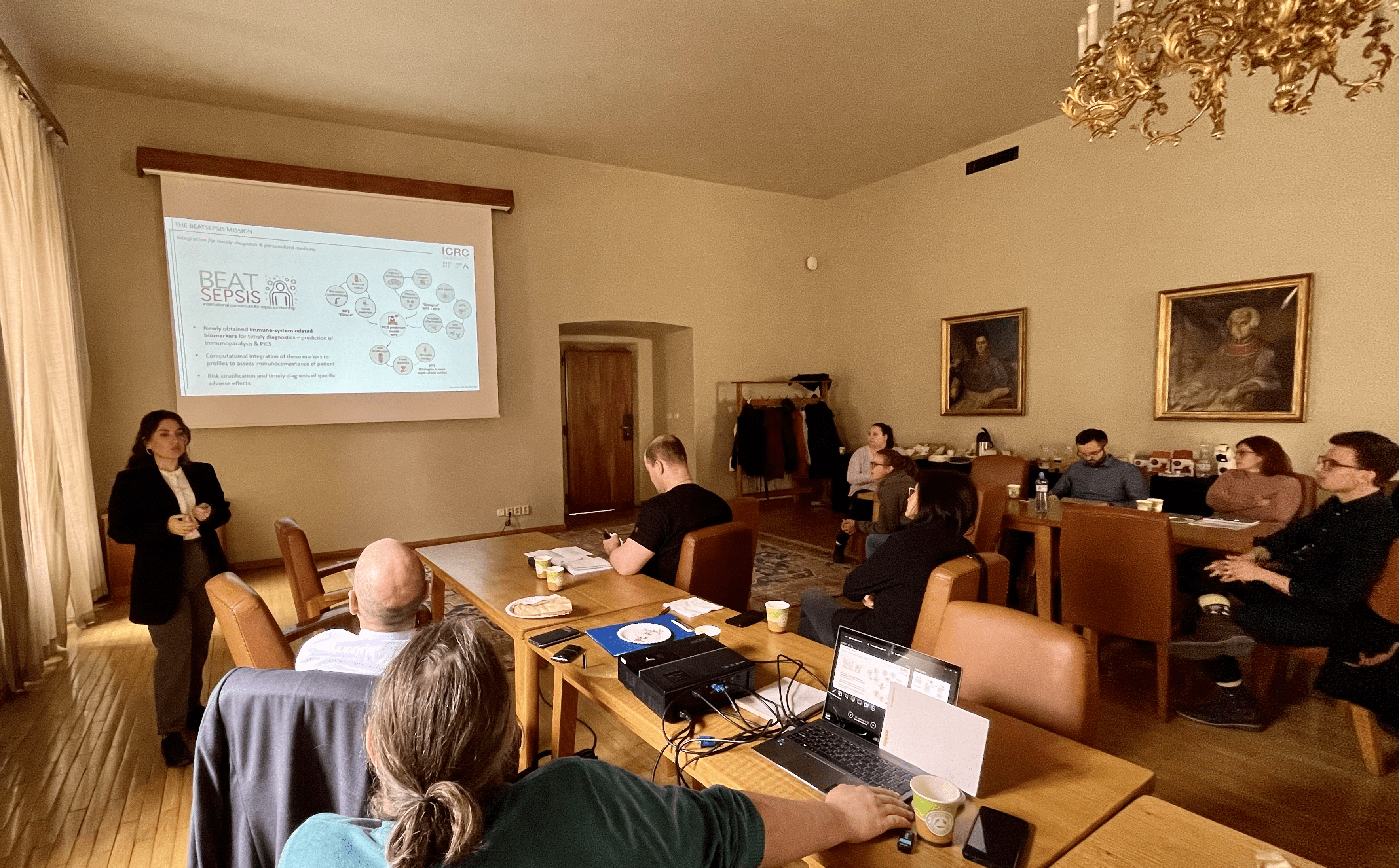
Ioanna Papatheodorou introduced BEATsep during the conference “Immunity and immunotherapy in current clinical practice.” This conference organized by Czech Immunology Society and Medical Faculty Pilzen, Charles University was a great event to discuss the current state of sepsis therapies and future perspectives, how to target sepsis and its long-lasting consequences. Ioanna Papatheodorou is a new member of ICRC team, greatly experienced in the field of immunometabolism and bioinformatics.
Presentation on yEFIS
26.04.2023
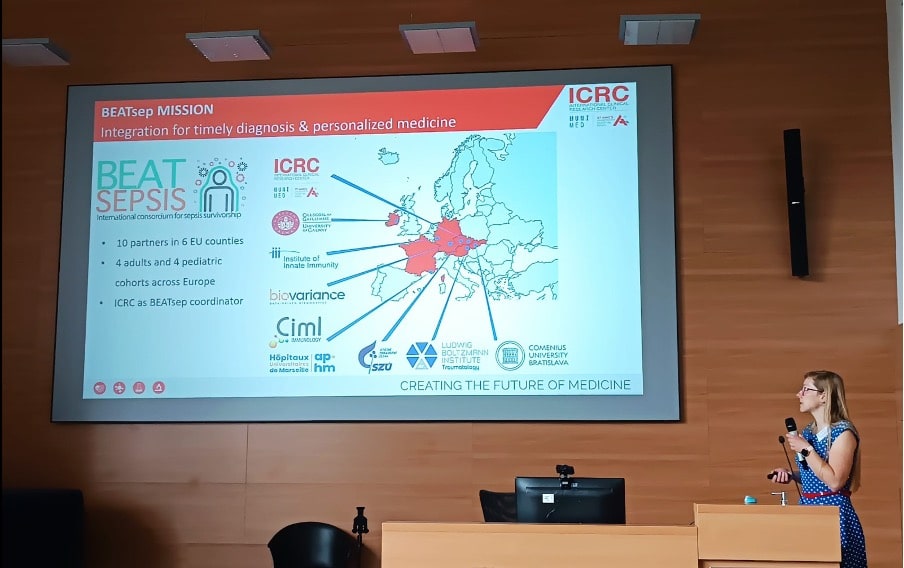
The BEATsep mission was successfully presented during the conference “Mixer 2023” of Czech Young Immunologist Society by Marcela Hortova-Kohoutkova as one of the Keynote lectures. This conference was held as an occasion during celebrations of the World Day of Immunology.
BEATsep won the prize of the best poster during Colours of Sepsis
27.01.2023

At the end of January 2023, the 25th edition of the international conference Colours of Sepsis dedicated to sepsis and intensive medicine in adults and children took place in Ostrava, and hosted many eminent international guests. BEATsep consortium was successfully represented at this conference by Dr. Marcela Hortová-Kohoutková and Dr. Jan Frič from Cellular and Molecular Immunoregulation team. Marcela presented a poster on the topic “Functional changes of monocytes and neutrophils as early markers of septic shock severity”, which won the main poster section of Colours of Sepsis. “Our projects have long focused on the study of sepsis and septic shock, where the immune system plays a crucial role in their development and subsequent course. We are looking at functional changes in cells of innate immunity, especially monocytes and neutrophils. We have been able to show that patients with a poor prognosis have strongly altered functions of innate immunity. We are able to detect these changes already at the time of admission to the intensive care unit. The early analysis could help in the future to select patients who do not respond to conventional treatment and are therefore candidates for personalized treatment.”
Detailed cookie settings
Technical cookies
Technical cookies are necessary for the proper functioning of our website and therefore cannot be disabled. You can set your browser to block these cookies. Please note that in this case some parts of the website will not work.
Analytical cookies
These cookies allow us to analyse the use of our website, measure traffic and obtain other information about the website's traffic. The aim is to improve the performance of our website.


